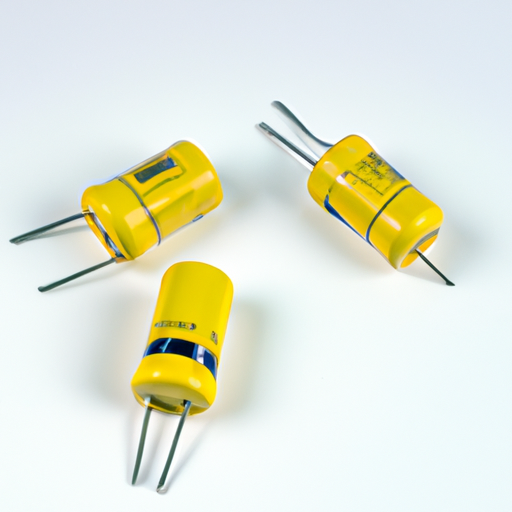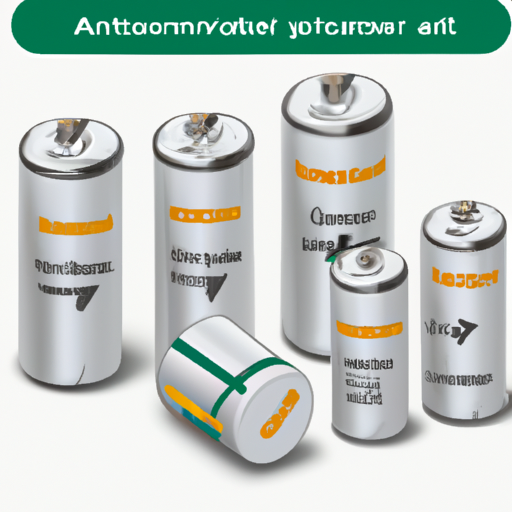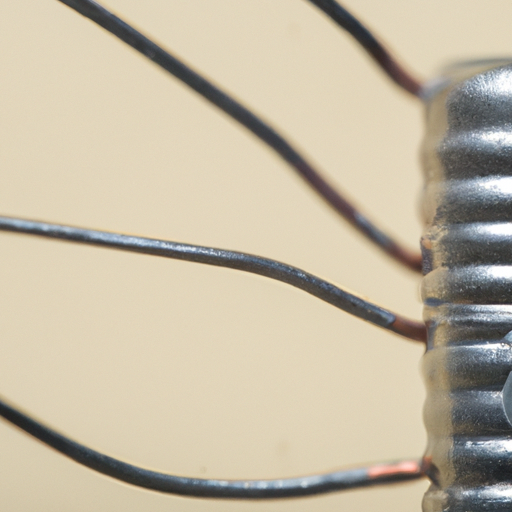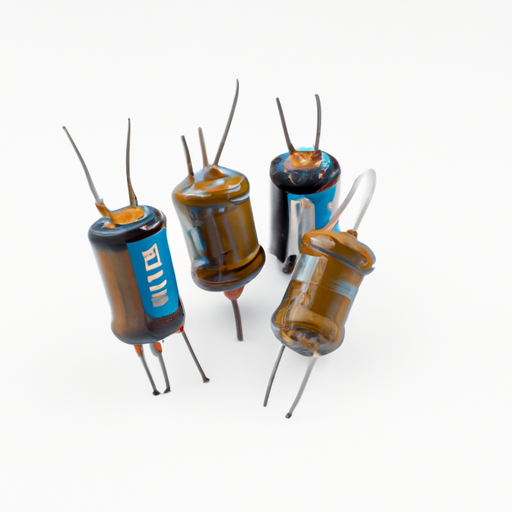What kind of product are power capacitors?
What Kind of Product Are Power Capacitors?
I. Introduction
In the realm of electrical engineering, power capacitors play a pivotal role in enhancing the efficiency and reliability of electrical systems. But what exactly are power capacitors? This article aims to define power capacitors, explore their importance in electrical systems, and provide a comprehensive overview of their types, applications, benefits, and future trends.
II. Understanding Capacitors
A. Basic Principles of Capacitors
1. **Definition and Function**: A capacitor is an electronic component that stores and releases electrical energy. It consists of two conductive plates separated by an insulating material, known as a dielectric. When voltage is applied, an electric field forms between the plates, allowing the capacitor to store energy.
2. **Components of a Capacitor**: The primary components of a capacitor include the conductive plates, the dielectric material, and the terminals that connect the capacitor to an electrical circuit. The choice of dielectric material significantly influences the capacitor's performance characteristics.
B. Types of Capacitors
Capacitors come in various types, each designed for specific applications. The most common types include:
1. **Electrolytic Capacitors**: These capacitors are polarized and typically used in power supply circuits due to their high capacitance values.
2. **Ceramic Capacitors**: Known for their stability and reliability, ceramic capacitors are often used in high-frequency applications.
3. **Film Capacitors**: These capacitors use a thin plastic film as the dielectric and are favored for their low loss and high insulation resistance.
4. **Power Capacitors**: Specifically designed for power applications, power capacitors are crucial for managing reactive power in electrical systems.
III. What Are Power Capacitors?
A. Definition and Characteristics
Power capacitors are specialized capacitors designed to improve the performance of electrical power systems. They are capable of storing and releasing large amounts of electrical energy, making them essential for managing voltage levels and reactive power.
B. Differences Between Power Capacitors and Other Capacitors
Unlike standard capacitors, power capacitors are built to handle higher voltages and currents. They are typically larger and constructed with materials that can withstand the rigors of power applications. Additionally, power capacitors are often used in conjunction with other electrical components to enhance system performance.
C. Common Applications of Power Capacitors
Power capacitors are widely used in various applications, including power factor correction, voltage regulation, and energy storage in industrial and commercial settings.
IV. Types of Power Capacitors
A. Shunt Capacitors
1. **Purpose and Function**: Shunt capacitors are connected in parallel with the load in a power system. Their primary function is to provide reactive power support, which helps maintain voltage levels and improve power quality.
2. **Applications in Power Systems**: Shunt capacitors are commonly used in substations, transmission lines, and industrial plants to enhance voltage stability and reduce losses.
B. Series Capacitors
1. **Purpose and Function**: Series capacitors are connected in series with the load. They are used to increase the overall voltage in a power system, thereby improving the transmission capacity.
2. **Applications in Power Systems**: Series capacitors are often employed in long transmission lines to compensate for voltage drops and enhance power transfer efficiency.
C. Power Factor Correction Capacitors
1. **Definition and Importance**: Power factor correction capacitors are used to improve the power factor of electrical systems. A poor power factor can lead to increased energy costs and reduced system efficiency.
2. **Role in Improving Efficiency**: By correcting the power factor, these capacitors help reduce the amount of reactive power drawn from the grid, leading to lower energy bills and improved system performance.
V. Applications of Power Capacitors
A. Industrial Applications
1. **Manufacturing and Production**: In manufacturing facilities, power capacitors are used to improve the efficiency of machinery and reduce energy consumption.
2. **Power Generation and Distribution**: Power capacitors play a crucial role in power generation plants and distribution networks, ensuring stable voltage levels and efficient energy transfer.
B. Commercial Applications
1. **HVAC Systems**: Power capacitors are commonly used in heating, ventilation, and air conditioning (HVAC) systems to improve energy efficiency and reduce operational costs.
2. **Lighting Systems**: In commercial lighting systems, power capacitors help maintain voltage levels and improve the overall performance of lighting fixtures.
C. Renewable Energy Applications
1. **Wind Energy**: Power capacitors are used in wind farms to manage reactive power and enhance the stability of the electrical grid.
2. **Solar Energy**: In solar power systems, power capacitors help improve the efficiency of inverters and maintain voltage levels.
VI. Benefits of Using Power Capacitors
A. Improved Power Quality
Power capacitors enhance the quality of electrical power by reducing voltage fluctuations and harmonics, leading to more stable and reliable electrical systems.
B. Enhanced System Efficiency
By providing reactive power support, power capacitors improve the overall efficiency of electrical systems, reducing energy losses and operational costs.
C. Cost Savings
The use of power capacitors can lead to significant cost savings by reducing energy consumption and minimizing demand charges from utility companies.
D. Voltage Regulation
Power capacitors help maintain stable voltage levels in electrical systems, ensuring that equipment operates within specified voltage ranges.
VII. Challenges and Considerations
A. Selection Criteria for Power Capacitors
When selecting power capacitors, factors such as voltage rating, capacitance value, and application requirements must be considered to ensure optimal performance.
B. Maintenance and Lifespan
Power capacitors require regular maintenance to ensure their longevity and reliability. Factors such as temperature, humidity, and electrical stress can impact their lifespan.
C. Environmental Considerations
The environmental impact of power capacitors, particularly in terms of materials used and disposal, is an important consideration for manufacturers and users alike.
VIII. Future Trends in Power Capacitors
A. Technological Advancements
Ongoing research and development in capacitor technology are leading to the creation of more efficient and reliable power capacitors, with improved performance characteristics.
B. Growing Demand in Renewable Energy
As the demand for renewable energy sources continues to rise, the need for power capacitors in these applications is expected to grow, driving innovation and development in the field.
C. Innovations in Materials and Design
Advancements in materials science are paving the way for the development of new capacitor designs that offer enhanced performance, reduced size, and improved environmental sustainability.
IX. Conclusion
In summary, power capacitors are essential components in modern electrical systems, playing a critical role in improving power quality, enhancing efficiency, and reducing costs. As technology continues to advance and the demand for renewable energy grows, the importance of power capacitors will only increase. Understanding their function, applications, and benefits is crucial for anyone involved in electrical engineering or energy management.
X. References
1. Academic Journals
2. Industry Reports
3. Manufacturer Specifications
---
This blog post provides a comprehensive overview of power capacitors, detailing their definition, types, applications, benefits, challenges, and future trends. By understanding the significance of power capacitors, readers can appreciate their vital role in enhancing the efficiency and reliability of electrical systems.





